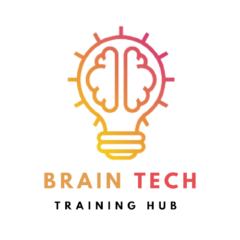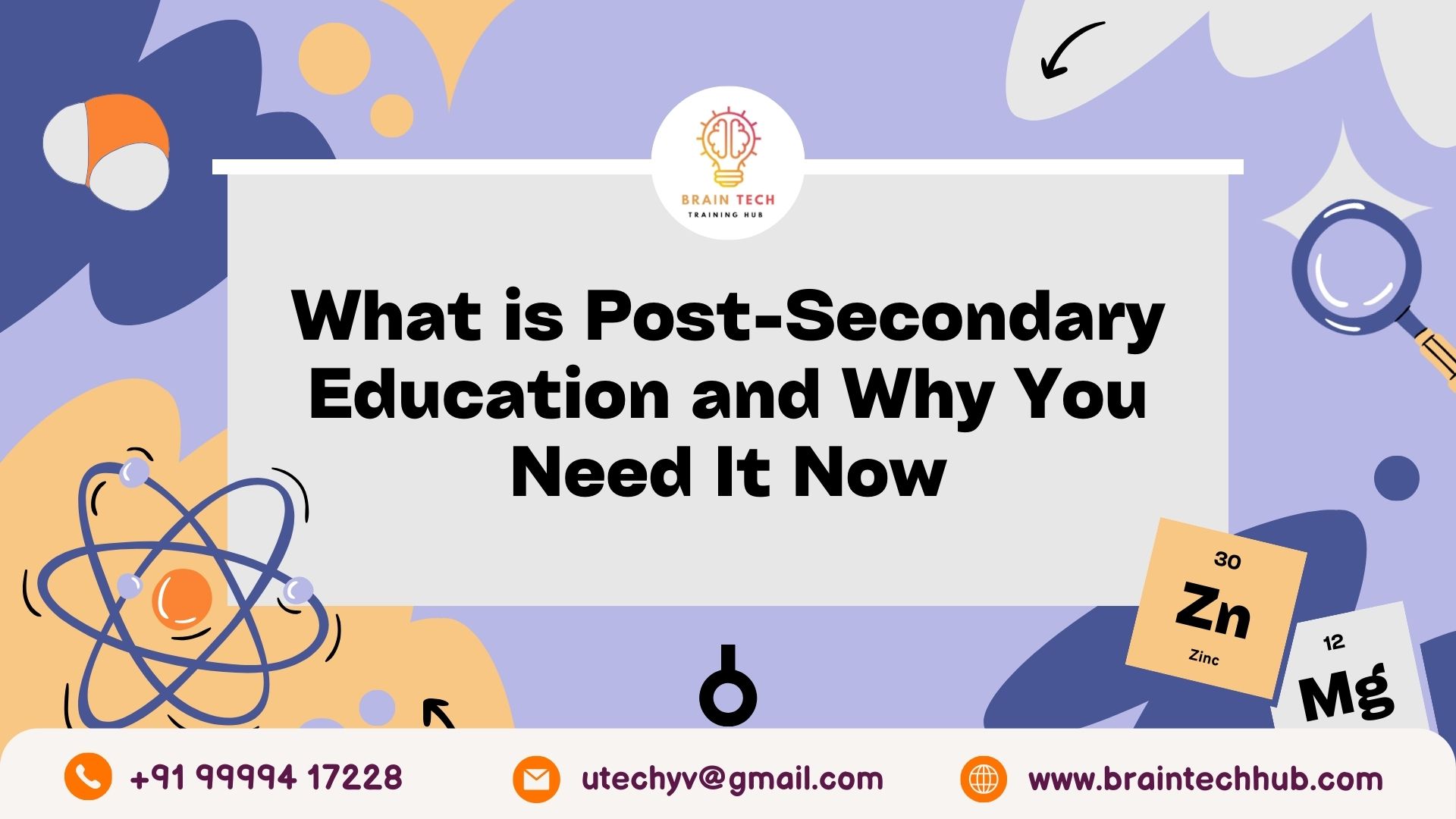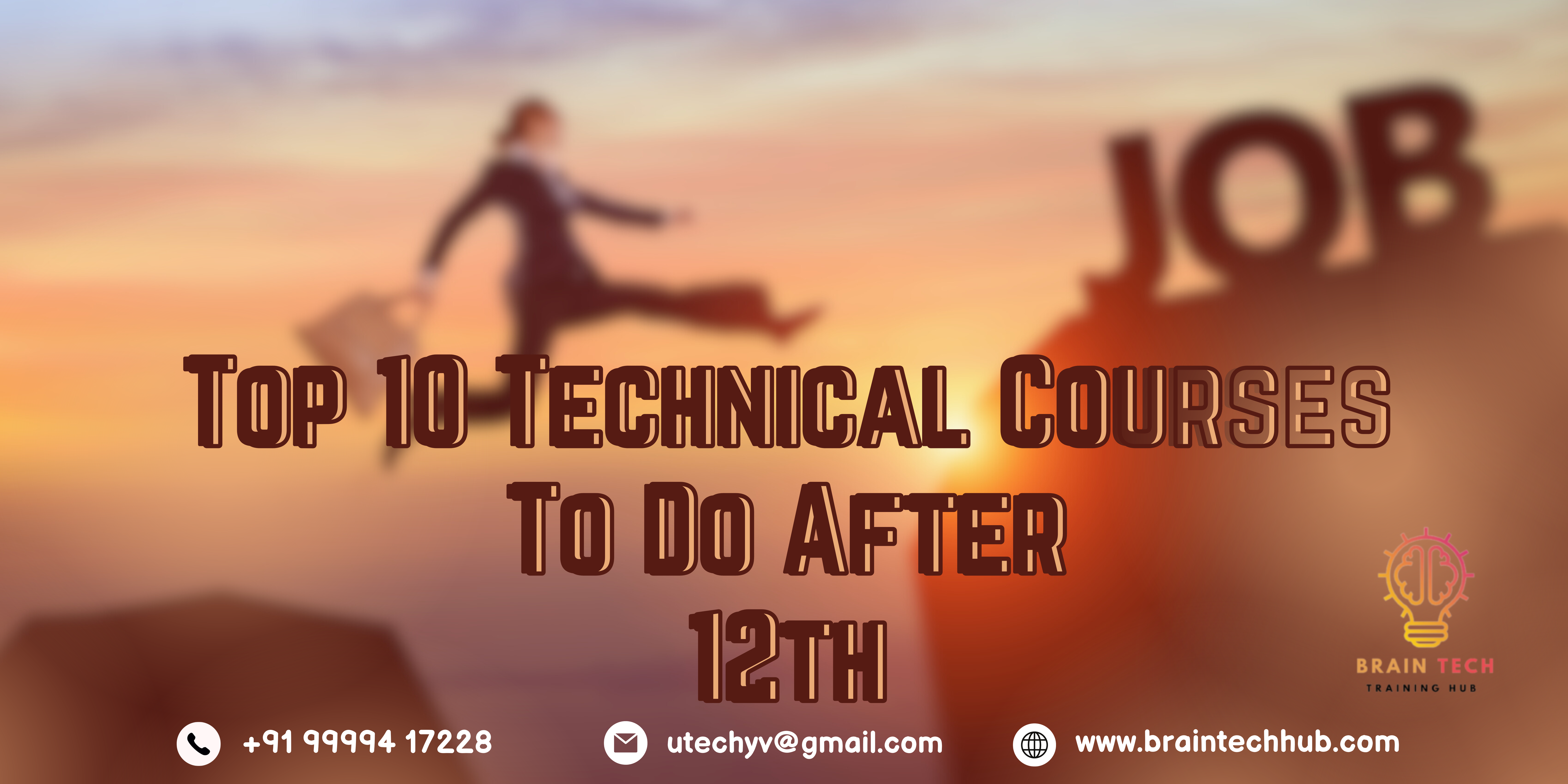What is post-secondary education? Post-secondary education, also known as tertiary education, follows the successful completion of secondary education (high school). It includes universities, colleges, trade, and vocational schools. This education is becoming increasingly important in both India and abroad, as countries strive to stay competitive in the global economy. It is essential for individuals who want to enhance their knowledge, skills, and career prospects.
What is Post-Secondary Education?
Definition
What is post-secondary education? It refers to any educational program beyond the secondary level of education, such as a college, university, or trade school. It can also include certifications and other specialized training programs. Understanding what is post-secondary education is crucial for making informed decisions about your future.
Types of Institutions
- Universities: Offer undergraduate, graduate, and doctoral programs.
- Colleges: Typically provide two-year associate degrees or four-year bachelor’s degrees.
- Trade and Vocational Schools: Focus on practical skills and training for specific trades or professions, usually resulting in a diploma or certificate.
Who is Post-Secondary Education For?
Target Audience
What is post-secondary education meant for? It’s for individuals who have completed their high-school or GED requirements. Many people choose to go to college to pursue a two- or four-year degree, while others attend trade and vocational schools.
Who Should Consider It
- High School Graduates: Those who have completed secondary education.
- GED Holders: Individuals who have passed the General Education Development tests.
- Career Changers: People looking to gain new skills or switch career paths.
- Lifelong Learners: Individuals interested in continuous personal and professional development.
Where Can Post-Secondary Education Be Pursued?
Location and Types of Institutions
- Universities and Colleges: Located in urban, suburban, and rural areas worldwide.
- Trade and Vocational Schools: Often found in cities and regions with a strong industrial or commercial base.
- Online Education: Many institutions offer online courses and degrees, providing flexibility for students.
Institutional Characteristics
- Competitive Institutions: Highly selective with rigorous admission requirements.
- Open Admission Institutions: More accessible, accepting most applicants who meet basic criteria.
When Should One Pursue Post-Secondary Education?
Typical Timeline
- After High School: Most students pursue post-secondary education immediately after completing high school.
- Gap Year: Some students choose to take a gap year to travel, work, or gain other experiences before continuing their education.
- Anytime: Many institutions offer flexible enrollment, allowing individuals to start at various times throughout the year.
Why is Post-Secondary Education Important?
Significance
- Career Advancement: Increases chances of finding well-paying jobs.
- Skill Development: Provides essential skills and knowledge needed for the job market.
- Economic Competitiveness: Countries with higher rates of post-secondary education are better positioned in the global economy.
Data-Driven Facts
- Employment Rates: Higher education levels are associated with lower unemployment rates.
- Earning Potential: Individuals with post-secondary education generally earn higher salaries.
How to Get Into Post-Secondary Education?
Admission Requirements
- High School Diploma or Equivalent: Basic requirement for enrollment.
- Specific Qualifications: Some institutions may require extracurricular activities, volunteer hours, or experience in the desired area of study.
- Entrance Exams: Many colleges and universities require standardized test scores for admission.
Latest Update: The Growing Importance of Post-Secondary Education
As of April 5, 2024, what is post-secondary education’s role in society? It is becoming increasingly important in both India and abroad. This trend highlights the need for individuals to pursue higher education to stay competitive in the job market.
Must Know About Post-Secondary Education
Essential Information
- Job Requirements: Many careers require post-secondary education as a basic qualification.
- Higher Education Pathways: Essential for students who wish to pursue advanced degrees and specialized careers.
Must Try: Exploring Post-Secondary Education Options
Recommendations
- Research Institutions: Explore different colleges, universities, and vocational schools.
- Visit Campuses: If possible, visit campuses to get a feel for the environment and facilities.
- Online Resources: Use online platforms to learn about various programs and admission requirements.
Creative Structure for Easy Understanding
What is Post-Secondary Education?
- Definition
- Types of Institutions
Who is it For?
- Target Audience
- Who Should Consider It
Where Can it Be Pursued?
- Location and Types of Institutions
- Institutional Characteristics
When Should One Pursue It?
- Typical Timeline
Why is it Important?
- Significance
- Data-Driven Facts
How to Get Into It?
- Admission Requirements
Table: Comparison of Post-Secondary Institutions
| Institution Type | Degree/Certification Offered | Typical Duration | Admission Selectivity |
|---|---|---|---|
| Universities | Bachelor’s, Master’s, Ph.D. | 4+ years | Highly Competitive |
| Colleges | Associate’s, Bachelor’s | 2-4 years | Varies |
| Trade/Vocational Schools | Diplomas, Certificates | 1-2 years | Generally Accessible |
| Online Education | Various (Degrees/Certs) | Varies | Flexible |
Conclusion: What is Post-Secondary Education and Why It Matters
What is post-secondary education and why is it crucial for your future? It is a vital step for anyone looking to enhance their career prospects and personal development. Understanding what is post-secondary education entails, who it is for, where and when it can be pursued, why it is important, and how to get into it can help you make informed decisions about your future.
If you want to know more about what is post-secondary education and explore the best options for your career goals, contact us. We are BrainTech Hub, and we will guide you towards the right path for your educational and professional success.



